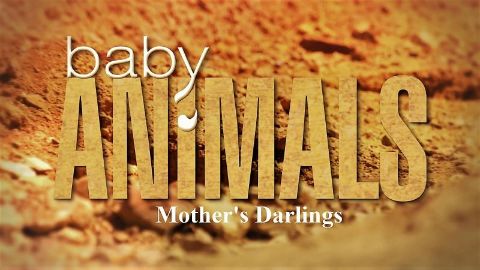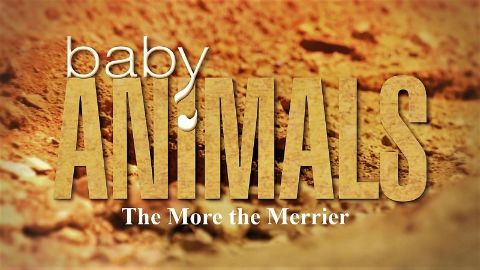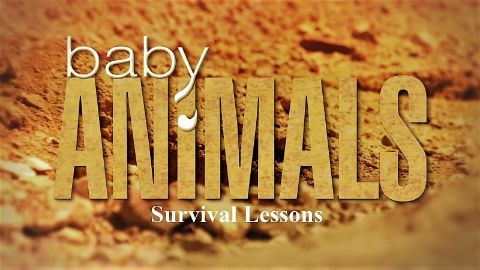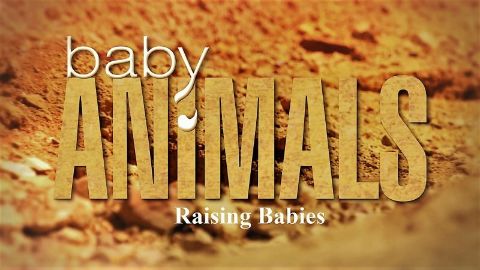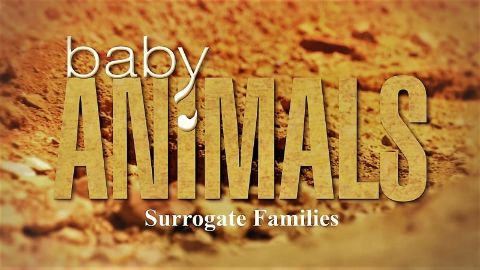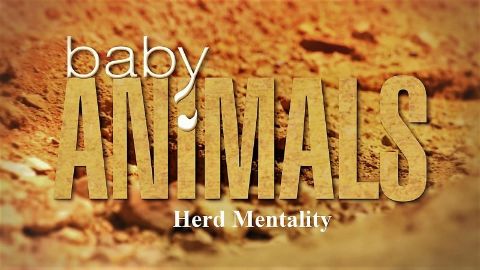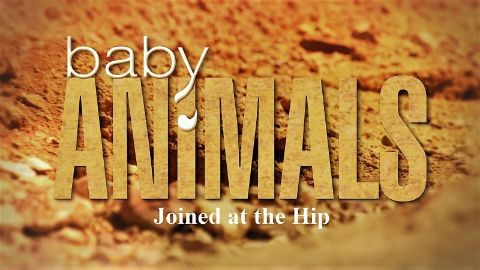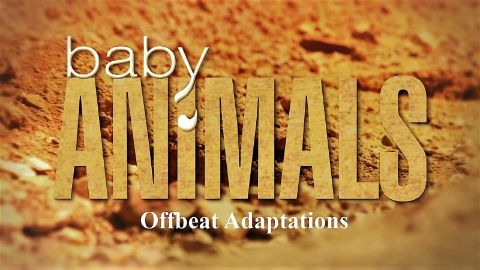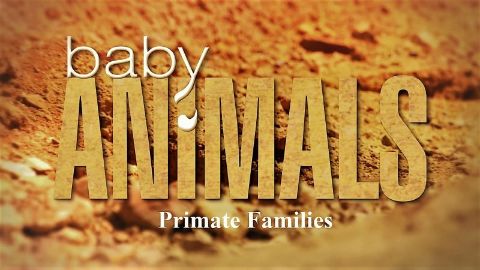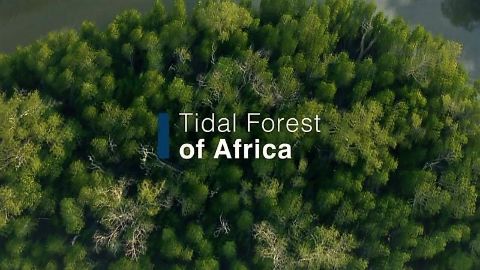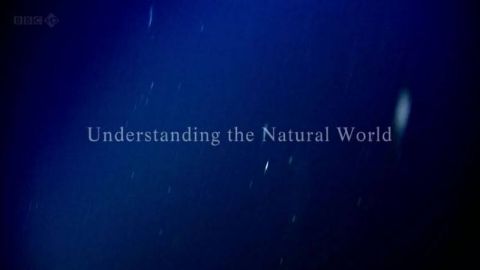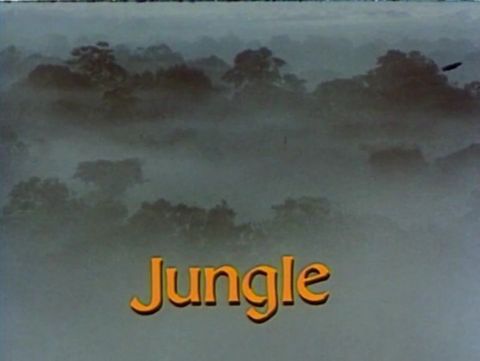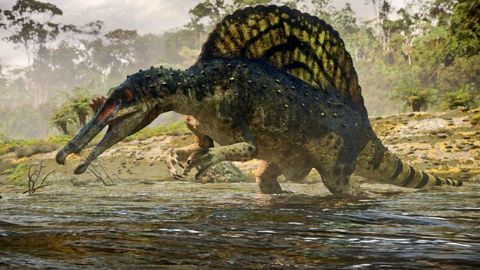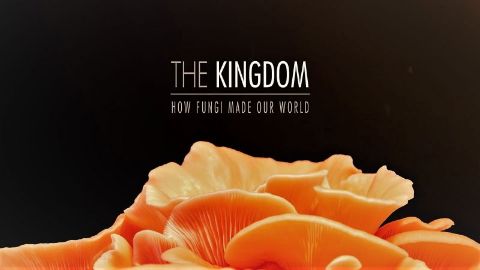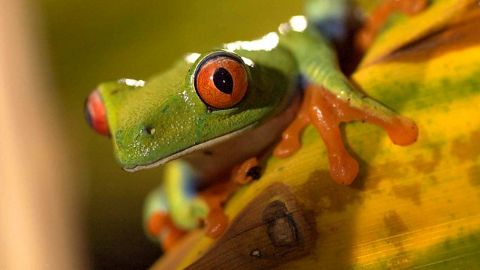Baby Animals • 2016 • 13 episodes •
Gorillas, rhinos, and elephants, three of nature's largest animals, deliver enormous babies. But the immense size of these newborns stands in stark contrast to their vulnerability. Everything from feeding to protection against predators to learning essential life skills falls on one devoted parent: their mothers.
2016 • Nature
For many animals, from lemurs to hummingbirds, the maternal bond is one of the strongest forces in nature. Not only do mothers carry their young everywhere, feed them, and help teach them essential life skills, they're also their primary source of comfort and security.
2016 • Nature
Some species need to be part of a group to survive--more so when they're in their infancy and taking their first, uncertain steps into the world. Join in the rough-and-tumble lives of black bear cubs, playful meerkat pups, and adorable fur seals.
2016 • Nature
When you're a baby zebra, muskox, or pronghorn, there is no shortage of predators eyeing you as their next meal. From learning defensive herding to early sprinting skills, these vulnerable newborns hit the ground running with keen survival instincts.
2016 • Nature
They might be young and vulnerable, but every second of these baby animals' lives is a training ground, preparing them for their destiny as an elite predator. Watch as young lions, coyotes, cheetahs, and foxes engage in the kind of play that prepares them for life at the top of the food chain.
2016 • Nature
Despite being born with survival instincts, some baby animals need extra help to thrive in their environment. Watch as hamadryas baboons, gentoo penguins, emperor tamarins, and capybaras all work as a family to help raise the next generation.
2016 • Nature
Meet Hope, an orphaned baby moose being raised by a goat. Nearby, watch three unruly baby raccoons cause havoc between meal times. These are some of the adorable inhabitants of Park Omega, Quebec--a place where threatened animals get a second chance.
2016 • Nature
Losing a parent in the wild can be deadly for young animals, but these orphans got lucky when conservationists stepped in. Meet clouded leopard cub sisters taken in by the Nashville Zoo, a baby wombat raised in an artificial pouch at Tasmania's Bonorong Wildlife Sanctuary, and more.
2016 • Nature
For many animals, group living offers protection, better food, and more social opportunities. For their young, it's a valuable education. From flamboyant flamingo mating dances, to elephant calves growing up under the watchful eye of the group matriarch, peer into some of nature's most tight-knit social groups.
2016 • Nature
For many endangered baby animals, the right zoo can mean hope for the entire species. Watch an endangered red panda cub get a warm welcome at Cornwall's Newquay Zoo, a rare baby macaque receive care from parents and keepers alike at the Dudley Zoological Gardens, and more.
2016 • Nature
To say some baby animals are dependent on their parents is an understatement. At Caversham Wildlife Park in Australia, a koala joey can always be found clinging to its mom's body, and Asian small-clawed otter pups share a lifetime family bond. Enjoy a heart-warming look at mother-baby animal relationships.
2016 • Nature
What's appealing about a nosy tapir with an appetite for its own poop? How about a baby gelada that crawls awkwardly on its behind? The adaptations these baby animals employ may seem strange, but they're vital to their growth and survival. Join us as we cozy up to some of nature's most peculiar young ones.
2016 • Nature
From crowned lemurs to Bornean orangutans, the higher we move up the primate family tree, the closer their behavior mimics our own-especially when it comes to family and raising young. Peer into the astonishing adaptations that highlight the lengths primates will go to preserve and build family bonds.
2016 • Nature

